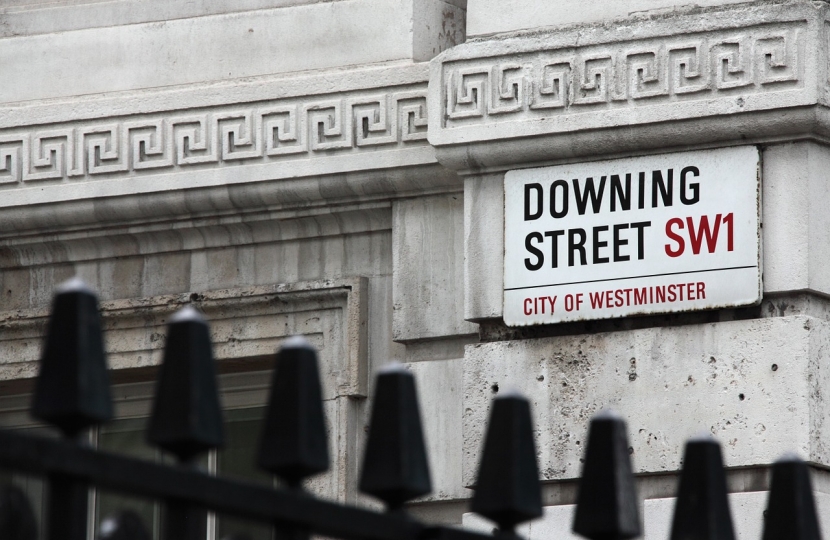
Just a few weeks into our new Conservative Government and there have been three important steps forward in delivering Brexit, supporting our farmers and increasing the salaries of our lowest paid workers.
Brexit – the new intake of MPs voted by 358 to 234 shortly after the General Election to pass the withdrawal agreement that the Prime Minister negotiated with the EU in October. This means that on January 31st the withdrawal agreement will have legal affect and we will no longer be a member of the EU. We will then enter an 11-month transition during which the Government will negotiate our future relationship with the EU. There will be a lot of work to be done in order to secure a trade deal and the Prime Minister will be taking personal charge of the negotiations with a new unit based in Number 10.
Farming - The Government has clarified domestic policy in relation to direct payments to our farmers to compensate for the loss of EU subsidies after Brexit. £3 billion has been set aside over the next two years to support our farmers after the EU’s Common Agricultural Policy funding ends. The funding will ensure payments for 2020 continue at the same level as 2019, providing one of the UK’s most important sectors with the support it needs. Not only will the funding be important to our farmers, it will also indirectly support businesses in the supply chain.
Low Pay – last week the Government committed to the largest ever cash increase for the National Living Wage which will rise by 6.2% in April – more than four times the rate of inflation. It will take hourly pay for workers over 25 to £8.72 and be worth an increase of over £900 a year to a full-time worker. The National Minimum Wage will increase by 6.5% to £8.20 for 21 to 24-year-olds, by 4.9% to £6.45 for 18 to 20-year-olds and by 4.6% to £4.55 for under-18s. Minimum pay for apprentices will increase by 6.4% to £4.15. I am hugely proud that under a Conservative government, according to the Office for National Statistics, the proportion of workers on low pay has fallen to its lowest level since modern records began. There is a great deal more to do in terms of supporting the lowest paid but these increases are an important step forward. I appreciate that some businesses may be concerned with the increased wage bills they are facing as a result, but each time the National Living Wage and National Minimum Wage have been increased businesses have absorbed these costs better than many anticipated with employment rates continuing to hold strong.
Mel Stride was re-elected as the MP for Central Devon on 12th December with an increased majority and vote share of 17,721 and 55.3% respectively.



